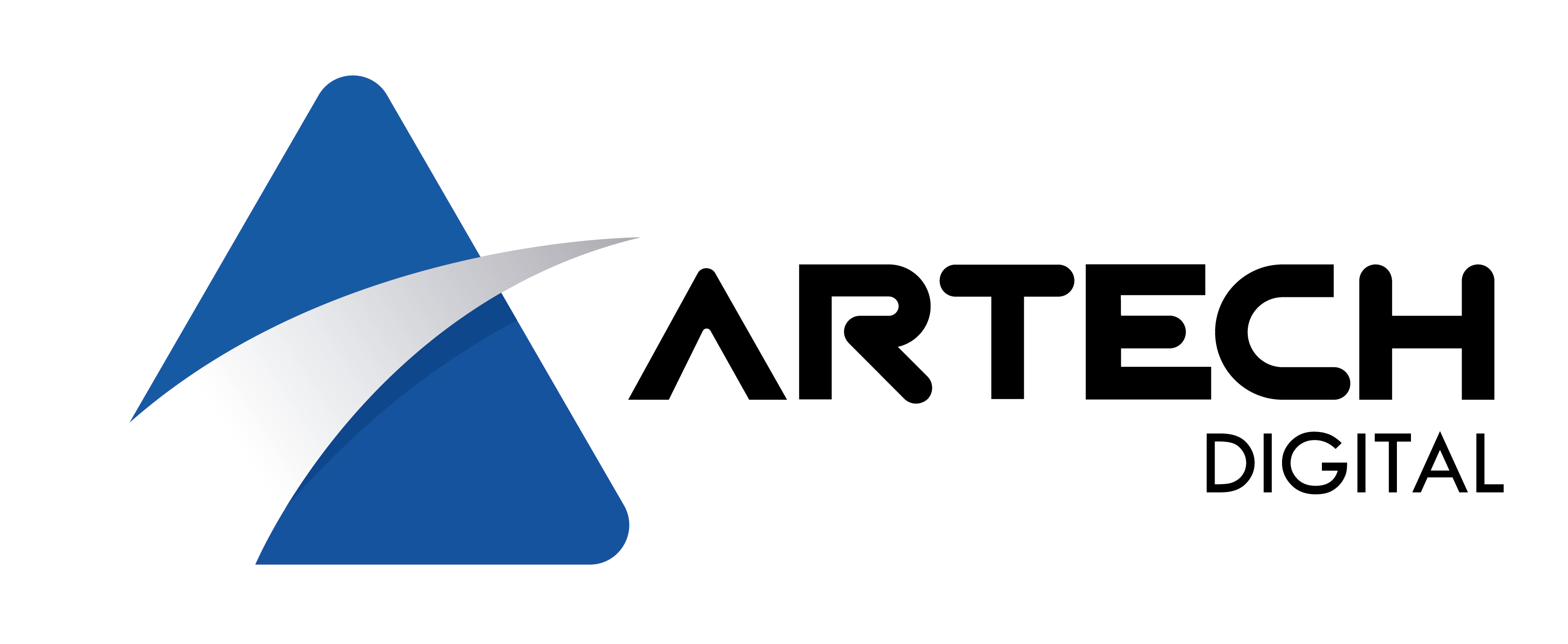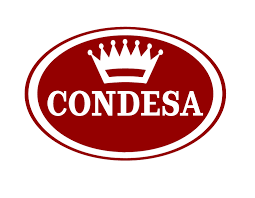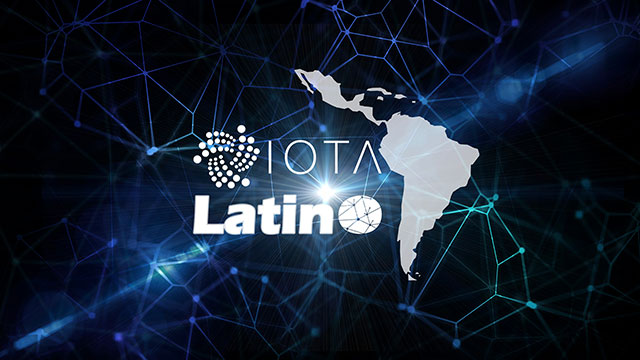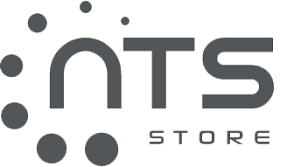There is an urgent need to create a unique, virtual and legitimate identity. An ID of Internet, a kind of passport of the Earth so that in the World Wide Web we can individualize ourselves.
Cybercrime is not only in the field of data theft, attacks on systems or the seizure of information through malwares. One is a criminal when one uses a nick on social networks to vilify, to create fake news, or sadly when a group of teenagers crouch on a platform to humiliate a partner for being fat, ugly and not complying with the aesthetic patterns of their attackers.
Society no longer supports such a world. The freedom of expression that signifies the Internet cannot be framed with the black fabric of irresponsibility. Cases of cybercrimes pile up and with the passing of time the number of files in police departments grows.
Many want to help and that is why from different instances they urgently request that the technological community calls for the creation of a unique, virtual and legitimate identity pattern that exterminate anonymity and put a stop to crimes that end in patrimonial losses, deterioration of mental health and painfully -sometimes- in a suicidal note.
The CA World 2017 Summit sponsored by CA Technologies recently ended in Las Vegas, Nevada, United States. The issue of the unique digital identity was presented in that forum as one of the future solutions of the modern software factory, an element that has become the fundamental axis of the companies that aspire to conquer the network.
News for Latin America is not encouraging about identification technologies. In a precarious way, some of them are already of old use in more technologically advanced countries.
Digitization is forcing businessmen and States/Government to become more serious about cybersecurity, a holistic term that does not circumscribe itself to avoiding the vulnerability of servers, but rather involves the transformation of the business model and institutions, thinking of them as digital, as a way to “ensure” the permanence in time of their economic or governmental activity.
Anonymity is protected
In relation to the usurpation of legal personality, having a unique digital identity will be crucial. In our country we have witnessed the proliferation of recognition devices. The most common sensor is the fingerprint, used by our Electoral Registry, even in supermarkets. We have not yet seen in a popular way recognition sensors through the iris or a photo; which currently function as an identification to access bank vaults, biosafety rooms, pharmaceuticals or to collect profits in virtual casinos.
However, the same force with which we advance in the care of security in the business world is not the same as that with which governments create legal and technological levees for the protection of individuality.
Almost everywhere in the world, but with special emphasis on Latin America and/or other regions in inferior conditions in terms of academic instruction; its citizens do not understand the real dimension of what the virtual world means. Our citizens face the gigantic network of businesses that have monopolized few technology companies, with the innocence of believing that their designs are subscribed only to entertainment intentions.
No citizen in the nearness of our geographical borders assumes in the intimate or notes in the social to debate on what conditions remains the “freedom”; nor questions the impunity of the guaranteed anonymity offered by social networks.
The law is for analogs
In contrast if you arrive as an informant at a traditional means to say that a third person is an infringer and points out it with name and surname; the social communicator is in the duty to request a copy of the citizen complaint made about the transgression in a competent organism. You must also make a record of the identity of the source; a photographic documentation of the journalistic piece and the location of the declarant for future contacts. With all these precautions, if the communicator turns out to be a victim of fraud; he would only be exempted from greater penalties established in the penal codes, but would be ethically condemned for not having contrasted the species received with other sources.
On the other hand in the net one could do “whatever he wants”…. Literal. False accounts can be created pretending to be you. They can enter a platform with the use of pseudonyms and through it vilify whoever they want. You can spread false information and create false campaigns to end the integrity of an enemy. And in most cases; these laboratories are carried out because there are large sums of money behind them.
If this were not enough, we leave as examples the examples of the “Blue Whale”, “Pedro Responde”, “Operation 7”, “San Andreas”, “Hearing Drugs” and the social network “Tinder” that has become famous among young people for the dissemination of challenges.
This without ignoring the ocean of “sites” that encourage anorexia, bulimia and promiscuity, among many behaviors. The freedom of traffic that has contents on violations, street fights, homicides, mutilated corpses after a traffic accident, robberies that are spread from personal devices and enter the mobile phones of children and adolescents without restrictions, and even worse; without the possibility of accessing the original source that publishes them to make them targets of legal actions is a nightmare for millions of parents. We repeat the question: Is this the digital world where we want to live?
Money always talks
In the face of these terrors, the outlook remains daunting. A CA Technologies report released this year, based on interviews with 1,770 executives from 21 countries, indicated that investment in digital transformation increased their companies’ revenues by 37% and reduced their expense accounts by the same percentage. However, the detail about the development of a unique digital identity is relegated to the background.
“Identity will be a key factor. More and more sensors such as the thumb, the iris or a photo will serve as an identification” to access a particular service; but for economic reasons and power the development of a unique and virtual identity will always have a low budget.
We know that the WWW was born to protect anonymity, as a space for citizens to express their ideas against the oppression that a dictatorship may infringe on them
In many cases it makes common sense to protect identity when denouncing obscure interests that pressure blocks exert to generate injustices.
It is even understandable that an identification is required to narrate cases of torture, illegitimate deprivation of liberty; violations of human rights and so many atrocities that happen daily and are promoted throughout the planet Earth. But the question is:
What happens when those who use the World Wide Web do it to spread lies; destroy people morally, throw corporate reputations to the ground or induce children to commit suicide?
What do you think about this truth about total freedom on the net? Is a unique virtual identity necessary or not?
This post is also available in:
 Español (Spanish)
Español (Spanish)














